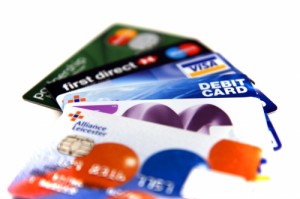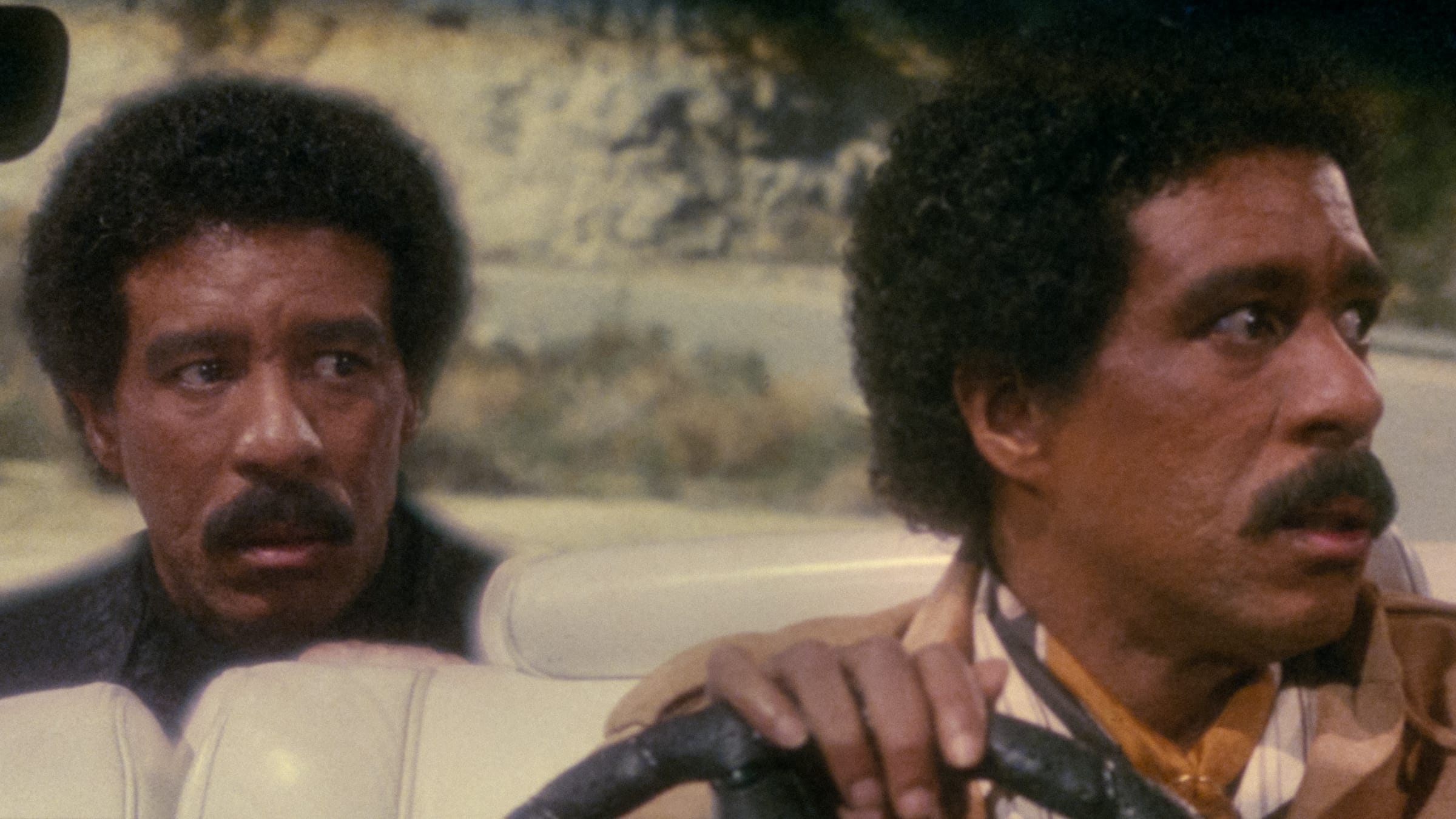(ThyBlackMan.com) Like many out-of-work Americans, Philip Tressler gets his unemployment benefits deposited directly into his checking account. He could have received the benefits via a debit card that the state also offers. But Tressler, who was laid off 14 months ago after 32 years working for a grocery store in western Pennsylvania, didn’t go for the card.
“It’s just not convenient,” he said, especially since he doesn’t use the same bank that issues the state’s debit card.
But there’s more than inconvenience at issue when it comes to state debit cards for the unemployed. Had Tressler decided to take one, he might have been subjected to a whole array of extra charges, including $1.50 for each withdrawal of cash from an ATM that isn’t “in-network.”
Pennsylvania is among some 30 states that offer debit cards as vehicles for unemployment insurance payments.
These cards have their advantages. Workers get their benefits quicker, and states save money. And people without bank accounts can avoid check-  cashing fees and make purchases without carrying large amounts of cash.
cashing fees and make purchases without carrying large amounts of cash.
But consumer groups, states, and even the banks that issue the cards all say that it’s important for anyone who uses an unemployment insurance debit card to check the fine print.
“If you are issued your unemployment benefits on a prepaid card, be sure to read the terms and conditions,” said Suzanne Martindale, an associate policy analyst at Consumers Union. Last summer, the U.S. Labor Department offered guidance to states, outlining “best practices” for using the cards. Among the five suggestions: Eliminate overdraft charges; allow for more than one free ATM withdrawal per payment; and don’t charge fees when the card is used to make purchases.
Fees and requirements vary widely from card to card and the charges typically depend on the terms of the contract each state has managed to negotiate with the card issuer and how cardholders use them. Those who use the cards like regular consumer debit cards can encounter fees for checking their balances, using ATMs multiple times or calling customer service. US Bancorp, which handles the unemployment cards in Hawaii, Minnesota, Ohio, Wyoming and other states, charges overdraft fees from $10 to $20, and $2 fees for account inactivity, said Lauren K. Saunders, managing attorney for the National Consumer Law Center in Washington, D.C.
Even cards issued by the same bank can have different rules in different states. The card issued by Chase in New York offers unlimited free teller withdrawals, but a Chase card in Texas charges $5 for every withdrawal after the first one in a given month, Saunders said.
There are some debit cards that offer recipients a pretty good deal. Consumer advocates say that California’s card and the federal Direct Express card prohibit fees for most of the activities customers are inclined to engage in: buying products, checking balances, withdrawing funds, and contacting customer service.
Card issuers say the fees are needed to cover the cost of providing the cards, which are often given to benefits recipients free of charge. Issuers aren’t doling them out for free just to be generous.
In many cases, they offer the cards without charge because they can get “a nice revenue from fees,” said Bob Bucceri, a consultant to the Electronic Funds Transfer Association, whose members include card companies, online payment providers, and prepaid and mobile payment providers. Bucceri said that if a new law or regulation required lower usage fees, banks might think twice about giving the cards away.
Many banks are reviewing their overall credit and debit card practices in the wake of the sweeping financial reform law enacted by Congress last year, known officially as the Wall Street Financial Reform and Consumer Protection Act and colloquially as the Dodd-Frank Act, after its sponsors.
That law does not apply to government-sponsored debit card programs, including cards for jobless benefits. But it requires the Federal Reserve to establish “interchange fee standards” for the other, commercial debit cards provided by large financial institutions.
Interchange fees are those fees established by a payment card network, charged to the merchant who sells something and collected by the card issuer (usually a bank) for its role in the transaction. Prepaid cards, used for both government programs and ordinary commercial transactions, are profitable to the issuer precisely because of the fees that customers incur, whether they are unemployment beneficiaries like Philip Tressler or people with jobs and substantial bank accounts.
But no matter who is using the card, the profits depend on the fees. Last month, the Federal Reserve issued a draft proposal that would reduce the fees that can be charged to bank account debit cards to substantially lower levels. If the fees are too low, some banks might rethink whether they want to bother with debit cards of any sort.
“I think it unlikely that a large institution would not review the profitability of all of its debit programs, including those sponsored by state government agencies,” said Bucceri of the Electronic Funds Transfer Association. “The reduction in fees that will befall many of these banks will make them question the profitability of all aspects of their card issuance programs.”
Among other things, that could have a significant effect on the financial lives of many unemployed people who, unlike Tressler, currently carry one of the prepaid cards.
Meanwhile, on Capitol Hill, some of the same lawmakers who pushed through the financial reform bill and credit card protections last year are eyeing new rules that would include regulation of the prepaid cards that states issue. Legislation introduced by Sens. Robert Menendez of New Jersey and Richard Durbin of Illinois, both Democrats, would limit fees on all prepaid cards and apply more consumer protections. The aim of the bill, Menendez said, is to create “a new framework to ensure consumers aren’t fleeced by prepaid cards.”
In the meantime, consumer advocates remind card users to be wary. “Find out what types of fees there are so you can avoid them,” said Martindale of Consumers Union. “Be sure to ask about your options first.”
Written By PAMELA M. PRAH

















Leave a Reply